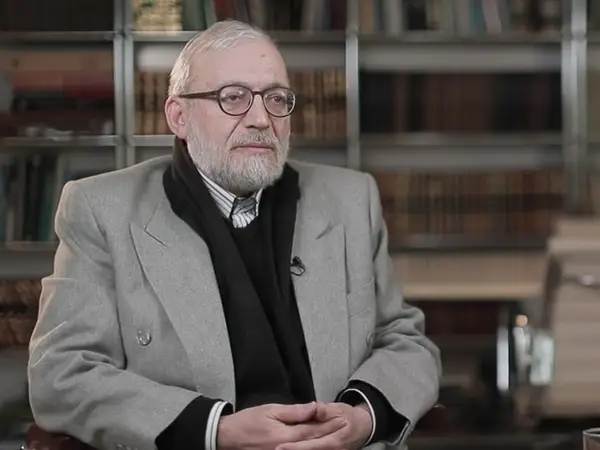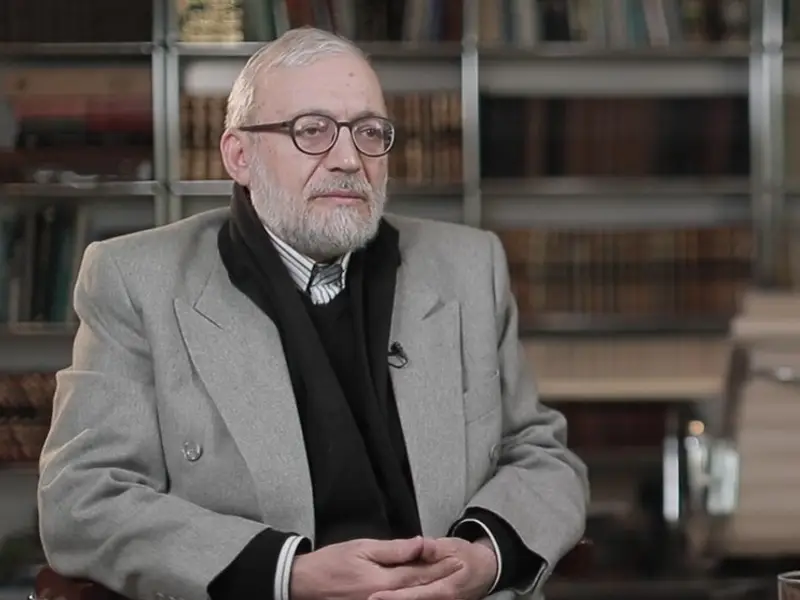Iranian conservative politician and former diplomat Javad Larijani has defended stoning for adultery, saying it is a good Islamic law protecting “family values.”
Stoning, or lapidation, is a method of capital punishment where people throw stones at a person until the subject dies from blunt trauma. It is attested as a form of punishment for unlawful sexual intercourse.
In an interview with Fars website of the Revolutionary Guard Saturday, Iran’s former Secretary of High Council for Human Rights claimed some good laws have been passed by the Islamic Republic to protect women's rights.
He said stoning is one of the good Islamic laws and has been a very nice deterrent so far.
“When we say our women should enter the community, we should have provided them with a very safe work and social environment,” added Larijani stressing that “Stoning is a very important restraining law to protect the marriage contract of families.”
Stoning is not mentioned as a form of capital punishment in the canonical text of the Quran. However, Islamic scholars have traditionally postulated that there is a Quranic verse about it.
Death by stoning came into force in Iran after the 1979 revolution, but the judiciary placed a moratorium in 2002 and it was replaced by the death penalty more than a decade ago.
Victims are put in a ditch filled with sand. The stoning then begins, with rocks relentlessly pummeling the victims until they die.
A doctor recruited to oversee the execution will pause the stoning periodically to check whether the victim is dead. If not, the battering continues.

